
The Independent Action of “Namo Amitabha”
The substance of all the Pure Land sutras is Amitabha’s Name Master Tanluan, an eminent Pure Land patriarch in 6th century China, says in his Commentary

The substance of all the Pure Land sutras is Amitabha’s Name Master Tanluan, an eminent Pure Land patriarch in 6th century China, says in his Commentary

Faith is one of the five roots of virtue When we talk about the five roots of virtue in Buddhism, most of us think of

The story of Butcher Jing in Tang dynasty China The following episode is recorded in Part 28 of Collected Records of the Buddha:* In Chang’an, during
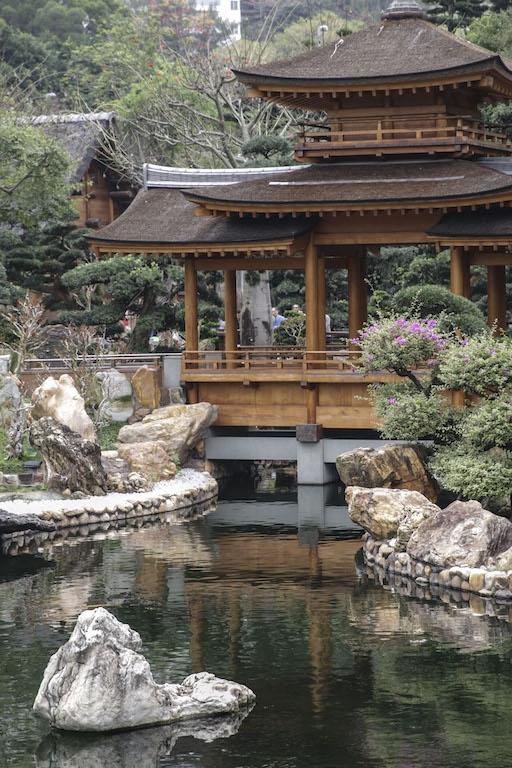
The question of lust in Pure Land practice For a Pure Land practitioner, the simple answer to the question of whether Amitabha-recitation can help one

The general concept of merit-dedication By definition, bodhisattvas are those who follow the Buddhist path in order to deliver other sentient beings from suffering. In

A good deal of contemporary Buddhist literature exists that confronts unhealthy and deluded ideas of romantic and sexual love. Today’s popular media and advertising certainly
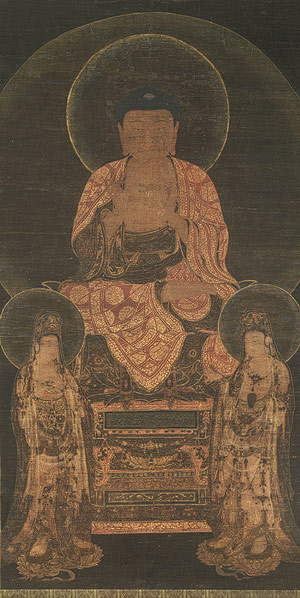
Pure Land practitioners are puzzled by a moral dilemma Despite the fact that aspiring to be reborn in the Land of Bliss is the same
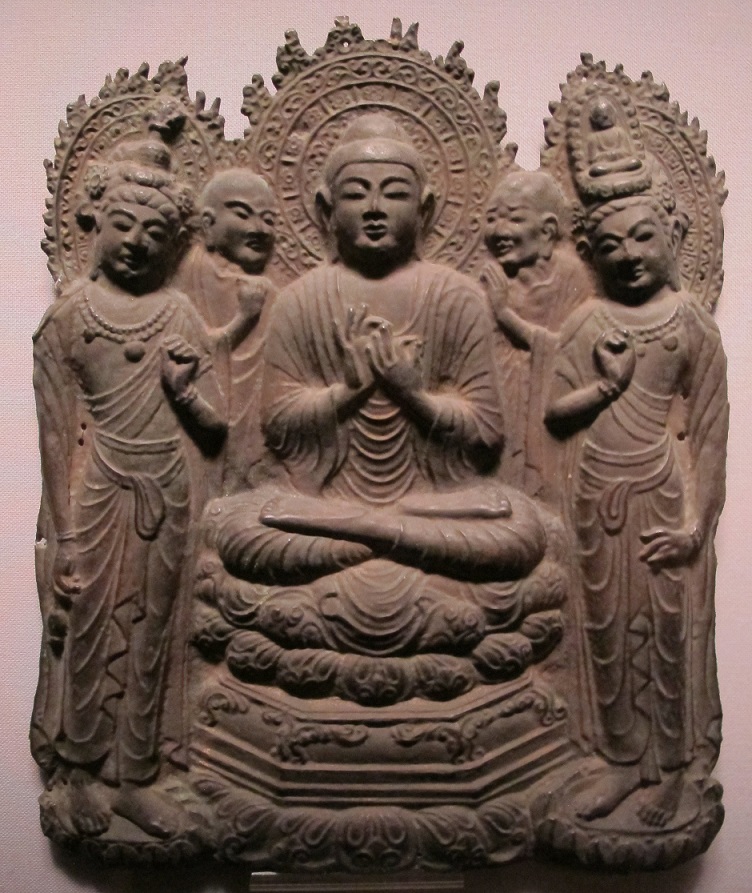
The role of Bodhichitta in Pure Land practice Referring to Amitabha’s Fundamental Vow, Master Shandao identified Name-recitation to be the karma of assurance of rebirth. It is
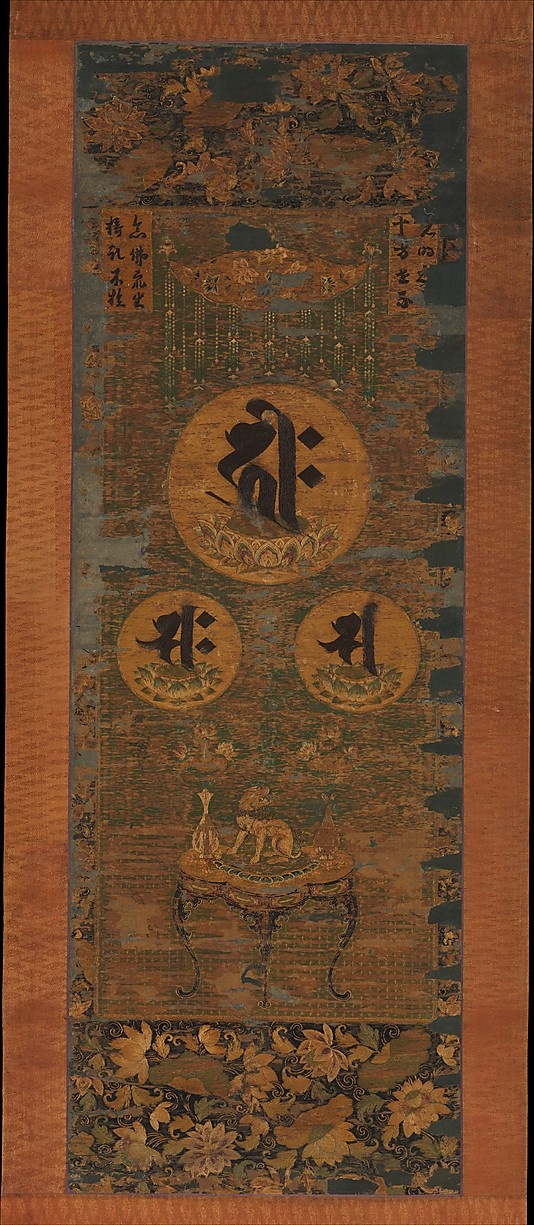
Practitioners following the Path of the Great Vow in Pure Land Buddhism as classified by Master Shandao take exclusive Amitabha-invocation as their main practice. By

The Two Paths in Pure Land Buddhism Practitioners who have studied the Shandao tradition of pristine Pure Land Buddhism will in all probability possess an
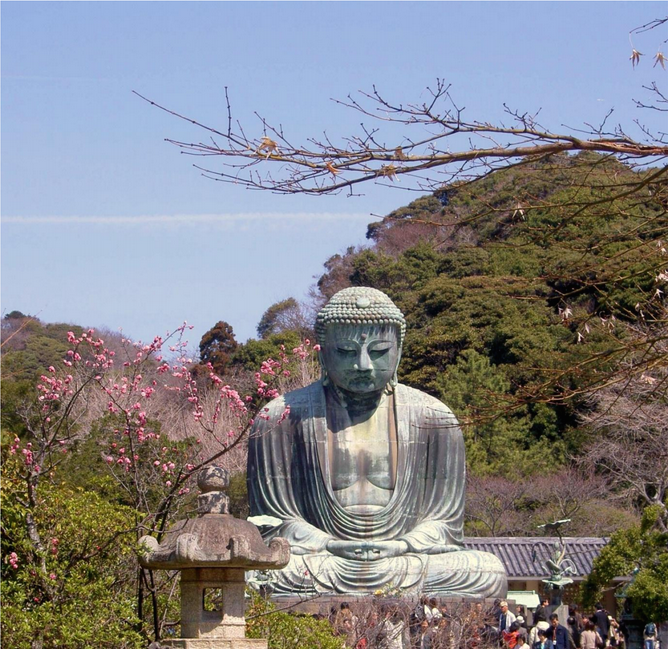
The origins of “Pure Land Buddhism,” or more precisely, “the Buddhism of Pure Lands,” can be traced to the developmental stages of the Mahayana tradition.
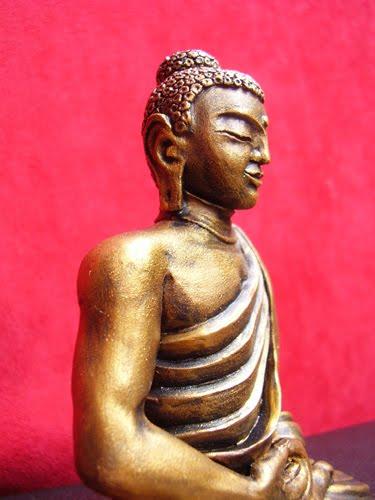
Rebirth is assured by practicing with “right mindfulness” When interpreting the Third Contemplation in his Commentary on the Contemplation Sutra, Master Shandao wrote: “If when a